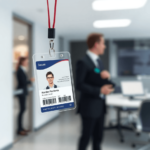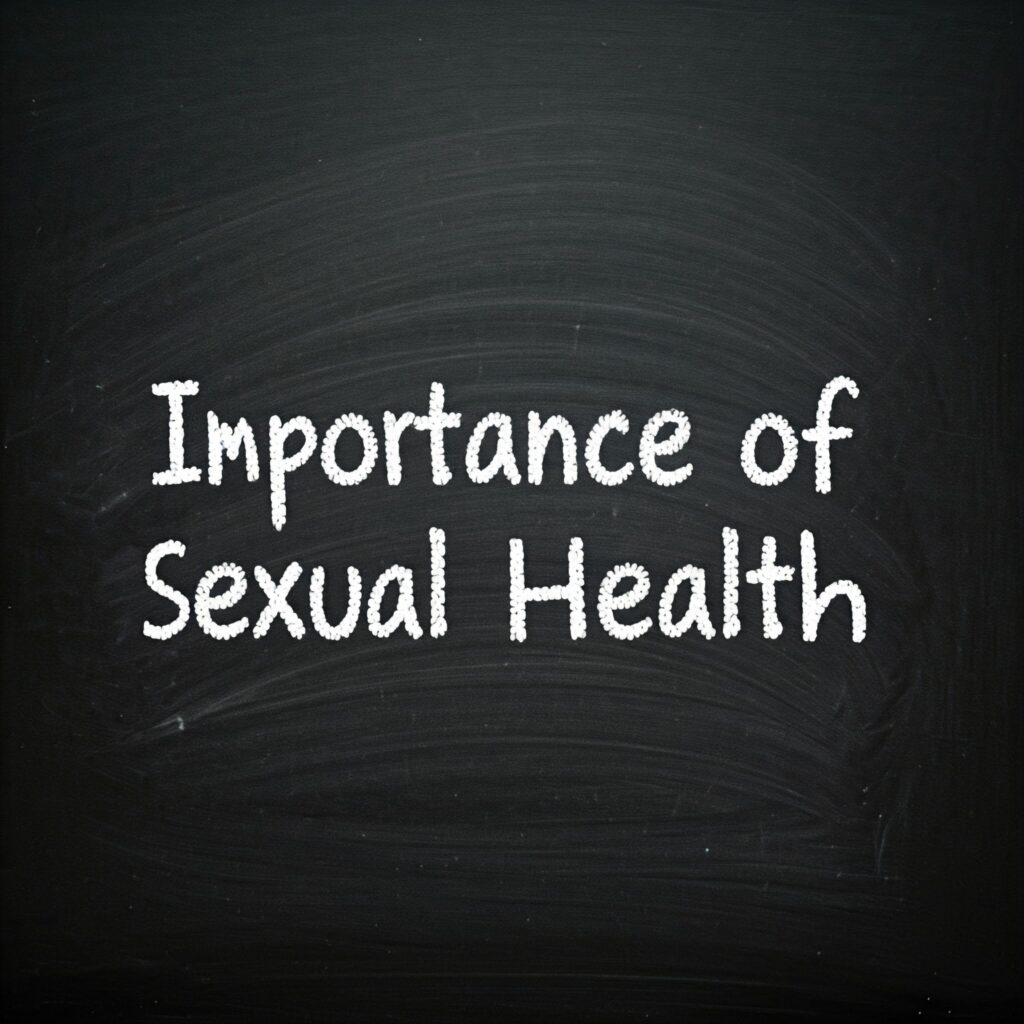Substance abuse is a major epidemic in North America. According to findings by the United States National Survey on Drug Use and Health (NSDUH), 16.7% of Americans aged 12 years and older were grappling with substance use disorder in 2022.
Substance abuse can have far-reaching implications on an addict’s health, including a gradual deterioration in physical and cognitive abilities. Besides, it can strain the healthcare system and cause billions of dollars in lost productivity.
But while there’s no magic pill for substance use disorder, the condition is perfectly treatable. One of the most effective interventions is to enroll the victim in a rehabilitation center.
In this post, we uncover the six best rehab programs for people battling substance addiction and other mental disorders.
1. Addiction Treatment Programs
Addiction treatment centers should be your first port of call if you’re seeking treatment for chronic drug use.
These facilities provide a broad spectrum of rehabilitation services, depending on the substance the victim is hooked to. Commonly rehabilitated drugs include alcohol, cocaine, heroin, opioids, benzodiazepines, and methamphetamines.
While choosing the best Texas rehab program, consider both the type and scope of treatments offered. Most centers provide tiered programs depending on the required level of care.
It’s also best to choose a nearby rehabilitation center that operates around the clock. That way, you can quickly visit the facility after work to check on the progress of your recovering addict.
Moreover, make sure to look for different program options they have available. For a structured and intensive recovery option, a 30-day rehab program in south carolina, or a location near you, can be the ideal choice to overcome addiction. This can provide complete care and support over a defined period of time, thus helping individuals build a strong foundation for long-term recovery.
2. Mental Health Programs
Mental health disorders are ever on the rise. The trend is driven primarily by financial difficulties, employment stress, and social dynamics.
Mental health disorders are often compounded by substance abuse. However, not every mental health patient has a history of drug use. Proper diagnosis is critical to uncover the underlying cause before recommending the best rehabilitation program.
Most mental health programs provide psychotherapeutic treatments at various care levels. A therapist may administer a cluster of interventions that target both the cause and the symptoms.
For instance, social anxiety disorder (SAD) typically manifests when victims venture into public spaces. To manage SAD, a therapist might address both the hormonal imbalance causing intense nervousness and recommend coping strategies while in social settings.
3. Cognitive Behavioral Therapy Programs
Cognitive behavioral therapy (CBT) is a form of talking therapy that helps victims overcome mental and behavioral issues by training how they think and act. It’s one of the most effective rehabilitation programs for people with behavioral disorders, such as obsessive-compulsive disorder (OCD).
CBT strives to give patients the proper skills to draw healthy connections between their thoughts, emotions, and actions. The overarching objective is to raise the patient’s awareness of the potential impact of their thought processes.
Cognitive behavioral therapy is commonly used to manage anxiety and depression. One study found that administering CBT significantly improved the symptoms of people with generalized anxiety disorder (GAD).
However, this rehab program has also proven effective for substance addicts.
4. Dialectical Behavior Therapy Program
Dialectical behavior therapy (DBT) is a special type of cognitive behavioral therapy adapted for victims with highly intense and erratic emotions. It’s an excellent rehab program for people with severe mood swings and suicidal ideation.
The process of administering DBT is nearly similar to CBT.
First, a therapist will conduct a proper diagnosis to uncover the extent of the disorder. Then, they’ll draw up a program intended to help the victim appreciate their emotions and channel them appropriately.
Dialectical behavior therapy has been widely applied in managing interpersonal conflicts and personality disorders. The program may also be used to alter the behavioral patterns associated with substance use, making it a welcome intervention for drug addicts.
Photo Credit: Pixabay.com
5. Faith-Based Programs
The use of faith-based programs to manage mental health and substance use disorders has gained considerable attention in the last decades, as mounting evidence suggests that spirituality plays a critical role in recovery. The Twelve-Step, developed by Alcoholics Anonymous (AA) in the 1930s, is arguably the most popular faith-based program used in various rehabilitation centers worldwide.
AA’s 12-step program emphasizes the significance of accepting one’s condition and summoning divine intervention. It encourages recovering addicts to revisit their pasts and internalize the gravity of their failures. By accepting their past mistakes and missed opportunities, addicts can make a firmer resolve to pursue sobriety.
The rest of the twelve steps emphasize atonement and the importance of spiritual resilience on the journey to full recovery.
Although developed by AA for alcohol addicts, the 12-step program is equally effective for treating mental disorders and behavioral addictions.
6. Biofeedback Programs
Biofeedback rehabilitation programs utilize visual or auditory feedback to train the brain in the desired direction.
To administer the treatment, a patient wears a headset equipped with powerful sensors. These sensors pick up various physiological patterns, such as heart rate and breathing, and transmit the signals to software via amplifiers.
Biofeedback signals are typically transmitted in the form of brain waves. The software analyzes the received data against a baseline measurement to uncover anomalous brainwave patterns.
According to research, biofeedback can help manage mental and behavioral disorders, including substance use. It may also be effective for chronic pain
Final Word
Recovering from acute addiction is a gradual process rather than an overnight event. Therefore, patience is key.
More importantly, it’s best to select a rehabilitation program that caters to the addict’s medical needs. Consulting a licensed therapist is a critical step in choosing the perfect rehab program for your loved ones battling substance use disorder.






